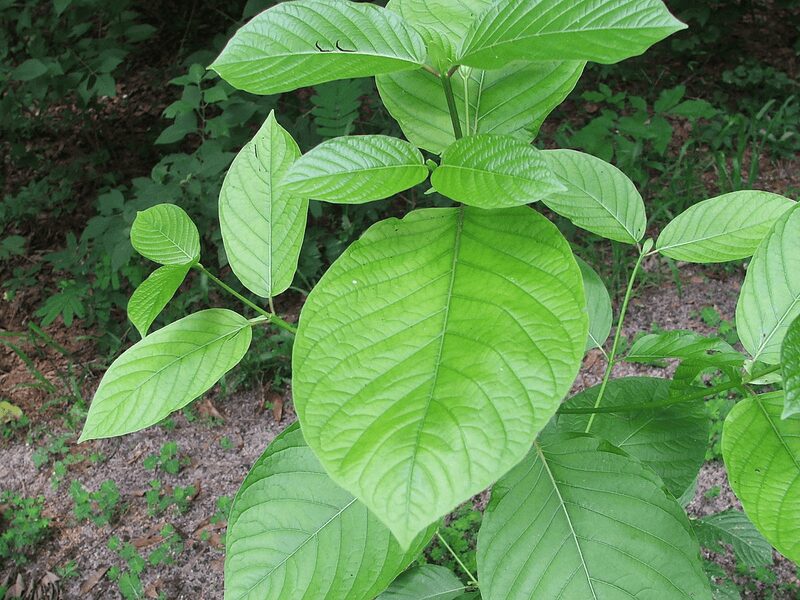Yes, kratom is legal at the state level in Pennsylvania with no statewide ban on possession or sale for adults. However, lawmakers are actively debating new regulations, especially targeting synthetic kratom products.
Statewide Legal Status of Kratom in Pennsylvania
Pennsylvania does not classify natural kratom (Mitragyna speciosa) as a controlled substance, and there is currently no state law that bans its sale, possession, or use for adults. Residents can buy kratom in common forms like powder, capsules, and crushed leaf from shops or online vendors without needing a prescription.
Unlike some states that have either banned kratom or passed a full Kratom Consumer Protection Act, Pennsylvania’s framework is still relatively light: kratom is legal, but safety standards and detailed product regulations are limited. This leaves most of the quality control to individual vendors and voluntary third‑party lab testing.
Age Limits and Buyer Requirements for Kratom in Pennsylvania
Most sources agree that Pennsylvania treats kratom as legal for adults, with a practical age minimum of 18 based on how retailers and policy summaries describe current law. In June 2022, Pennsylvania’s version of a kratom law was characterized by some commentators as a narrow Kratom Consumer Protection Act that primarily added an 18+ sales restriction rather than a full regulatory scheme.
There is no evidence of a statewide requirement for buyers to be 21 as of late 2025, though future bills could push the age higher. Many shops follow an 18+ policy, and some local areas may add their own age‑related rules or licensing expectations, so buyers should still expect ID checks at point of sale.
Local Rules and Municipal Activity in Pennsylvania
Pennsylvania has not adopted any known county‑ or city‑level total bans on natural kratom, and major cities like Philadelphia, Pittsburgh, Allentown, Erie, and Harrisburg follow state law, allowing kratom sales and possession. However, commentary notes that some townships and counties have discussed age limits, licensing, or zoning constraints for kratom retailers, and local policy can evolve quickly.
Because there is no statewide preemption specifically protecting kratom, municipalities technically have room to experiment with additional rules, especially around where kratom shops can operate or whether local licenses are required. Anyone opening a kratom business in Pennsylvania should therefore check both state law and any relevant local ordinances before operating.
Legislative Efforts and Synthetic Kratom Laws in Pennsylvania
Pennsylvania lawmakers have repeatedly considered tighter control over kratom. A past bill, House Bill 2711 (2022), sought to classify kratom’s main alkaloids as Schedule I substances, which would have effectively banned kratom statewide, but it stalled after significant opposition. More recently, proposals have shifted toward either regulating kratom or targeting synthetic and highly altered versions rather than banning natural leaf outright.
In 2025, Senate Bill 233 advanced as a “synthetic kratom ban” bill aimed at prohibiting synthetic or chemically modified kratom analogs while leaving natural kratom legal. Separately, representatives have announced plans to introduce broader regulation bills that would create a more complete kratom framework, including clearer age restrictions, labeling, and possibly testing standards. None of these efforts had yet turned natural kratom into a controlled substance as of late 2025, but they show that the legal landscape is active and could tighten.
Practical Takeaways
For now, adults in Pennsylvania can legally buy and use natural kratom products statewide, and no major city has imposed its own outright ban. The main risks come from unregulated product quality and from potential future legal changes, particularly around synthetic kratom and stronger regulation bills that are already under discussion.
Consumers should focus on reputable vendors that provide third‑party lab testing and clear labeling, since the state does not yet impose strict safety standards. Anyone involved in selling or distributing kratom should monitor pending legislation, especially bills aimed at synthetic kratom and broader regulation, because Pennsylvania’s approach could shift from “legal but lightly regulated” to “legal but tightly controlled” in upcoming sessions.

